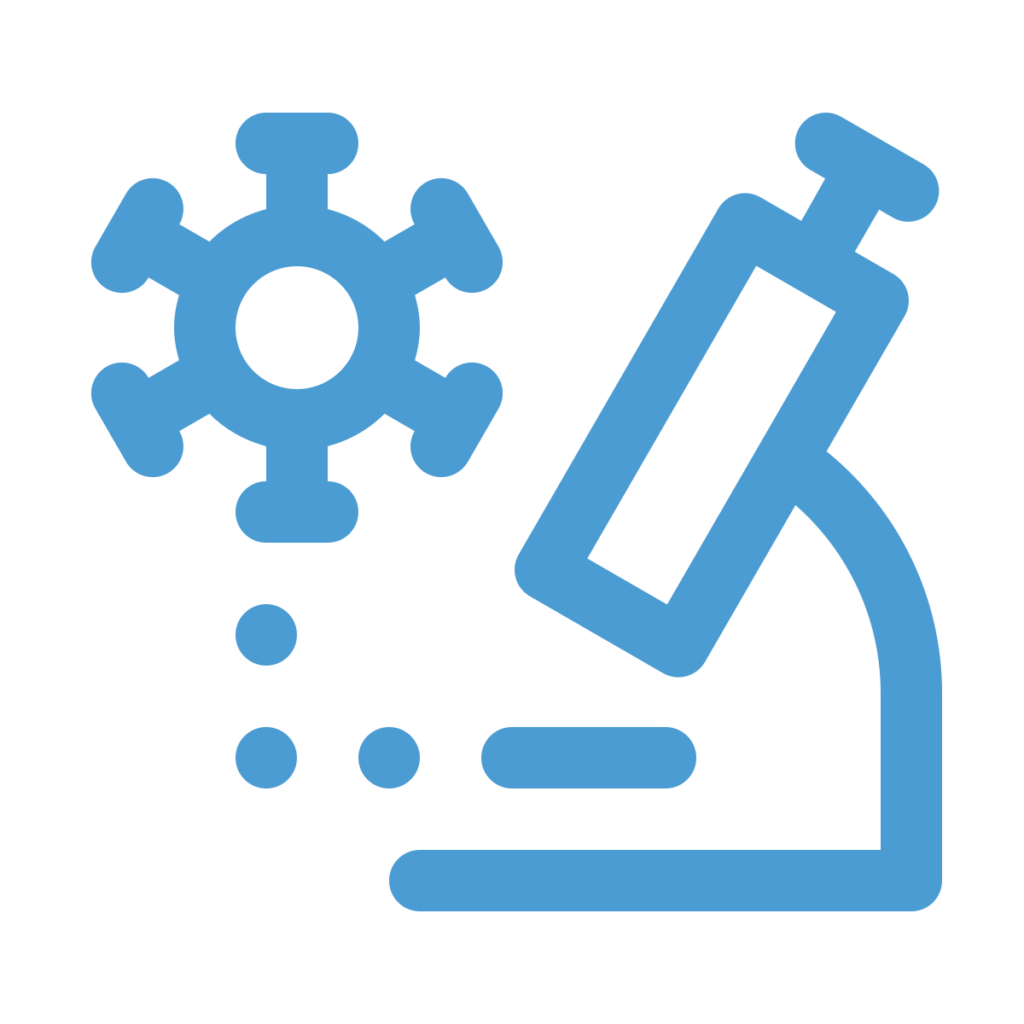Our Partners

Our programs and partnership are broken down into the different categories that often overlap:

UNC Lineberger Supported
- Carolina Information and Population Health Resource (CIPHR): with access and experience working with NC Cancer registry, public and private insurance, and other secondary data collection and analysis, CIPHR is our trusted partner for data collection and analysis. They are a vital part of the creation of the North Carolina Cancer Health Asset and Needs Assessment.
- Patient and Family Advisory Council: Provides researchers with the perspectives and experiences of patients, survivors and caregivers on issues associates with clinical studies and projects. Generating knowledge and insight that will improve the lives of all cancer patients.
- Adolescent and Young Adult (AYA) Cancer Program: A program that provides age appropriate psychosocial and medical care to adolescent and young adult (AYA) cancer patients and their support communities, advances research in the field of AYA oncology, educates providers about the unique needs of young people living with cancer, and improves care for AYA patients across NC.
- Cancer Prevention and Control Research Network (CPCRN): A national network of academic, public health, and community partners who work together to reduce the burden of cancer, especially among those disproportionately affected. Its members conduct community-based participatory cancer research across its eight network centers, including UNC Lineberger, crossing academic affiliations and geographic boundaries.
- UNC Lineberger Community Advisory Board: Advises UNC Lineberger on how to meaningfully engage the community in its cancer research, clinical care, and programmatic efforts to better understand and serve the population’s needs.
- Carolina Cancer Screening Initiative: A multi-disciplinary effort at UNC Lineberger to improve cancer screening in NC. CCSI leverages expertise in research-backed interventions as well as a network of community, academic, and government partners to improve the quality and accessibility of cancer screening programs throughout our state.
- Southeastern American Indian Cancer health Equity Partnership (SAICEP): Understanding and addressing the cancer related health needs of American Indian communities in our catchment areas and beyond.
- UNC Lineberger Equity Council: Addressing diversity, equity and inclusion at UNC Lineberger through a list of recommendations developed by faculty, staff, and community advocates, working together. Currently in the implementation stage of the recommendations.
- Clinical Trials Office (CTO): CTO & COE have a joint goal to catalog network entities that are primed for clinical research engagement and to evaluate their needs/desires for engagement with UNC Lineberger clinical research.
UNC Partners
- UNC Office of Research Support and Compliance: Promoting the conduct of efficient and high quality clinical research across the UNC Health System.
- Research for Me at UNC: Dedicated to connecting you with research opportunities at UNC-Chapel Hill, UNC Health, and across North Carolina.
- NC TraCS Community and Stakeholder Engagement: Promoting and supporting community-engaged approaches to clinical and translational research, boost public trust in health research, and build capacity for researchers and communities to engage in academic-community partnerships that ensure bi-directional communication and stakeholder input from conceptualization through dissemination.
- NC TraCS Inclusive Science Program: Provides consultations, resources, and Community Review Board (CRB) services to advance linguistically and culturally inclusive methods in health research studies.
- UNC Center for Health Equity Research: Bringing together collaborative, multidisciplinary teams of stakeholders to improve health in North Carolina communities with a shared commitment to innovation, collaboration and health equity.
- UNC Center for Health Promotion and Disease Prevention: Dedicated to reducing health disparities through community-based research and initiatives.
- Implementation Science Exchange: A free, online source for those interested in resources to help design, acquire funding for, execute and disseminate Implementation Science research projects, particularly those of new researchers.
External Partners
- American Cancer Society: An organization working to improve the lives of people with cancer and their families through advocacy, research, and patient support, to ensure everyone has an opportunity to prevent, detect, treat, and survive cancer. They have funded numerous UNC Lineberger researchers, including community outreach and engagement efforts.

UNC Lineberger Supported
- Patient and Family Advisory Council: Enhancing patient and family centered care by giving the voice of patients and caregivers.
- AYA Program: A program that provides age appropriate psychosocial and medical care to adolescent and young adult (AYA) cancer patients and their support communities, advances research in the field of AYA oncology, educates providers about the unique needs of young people living with cancer, and improves care for AYA patients across NC.
- Comprehensive Cancer Support Program: A clinical and research program at UNC Lineberger that brings together experts to help patients, caregivers, and families cope with cancer diagnosis, treatment, recovery, and survivorship.
- Carolina Cancer Screening Initiative: A multi-disciplinary effort at UNC Lineberger to improve cancer screening in NC. CCSI leverages expertise in research-backed interventions as well as a network of community, academic, and government partners to improve the quality and accessibility of cancer screening programs throughout our state.
- UNC Lineberger Equity Council: Addressing diversity, equity and inclusion at UNC Lineberger through a list of recommendations developed by faculty, staff, and community advocates, working together. Currently in the implementation stage of the recommendations.
UNC Partners
- Research for Me at UNC: Dedicated to connecting you with research opportunities at UNC-Chapel Hill, UNC Health, and across North Carolina.
- UNC Health Cancer Care Navigation Program: navigators work with you and your doctor to help coordinate the plan of care, including inpatient and outpatient services to provide high-quality, patient-centered care
External Partners
- Greensboro Health Disparities Collaborative: A collaborative that establishes structures and processes that respond to, empower and facilitate communities in defining and revolving issues related to health disparities.
- American Cancer Society: An organization working to improve the lives of people with cancer and their families through advocacy, research, and patient support, to ensure everyone has an opportunity to prevent, detect, treat, and survive cancer. They have funded numerous UNC Lineberger researchers, including community outreach and engagement efforts.

UNC Lineberger Supported
- NC Cancer Survivorship Professionals Action Network: Facilitating cancer survivorship programs across NC.
- Fort Bragg Department of Public Health: A partner who is focused on cancer prevention and control activities at Fort Bragg, the largest miliatry base in the world. UNC Lineberger efforts in this partnership specifically focus on tobacco and vaping use.
- SAICEP: Understanding and addressing the cancer related health needs of American Indian communities in our catchment areas and beyond.
- UNC Lineberger Equity Council: Addressing diversity, equity and inclusion at UNC Lineberger through a list of recommendations developed by faculty, staff, and community advocates, working together. Currently in the implementation stage of the recommendations.
External Partners
- NC Colorectal Cancer Roundtable: Convening and engaging public, private, and civic organizations and individuals committed to colorectal cancer prevention and early detection.
- North Carolina Advisory Committee on Cancer Coordination and Control: A statewide advisory board for cancer-related legislation, policies, regulations and standards, who support cancer reduction efforts in North Carolina, enhance statewide access to quality treatment and supportive services, and maximize quality of life for cancer patients, survivors and their families. Ten cancer center faculty and staff serve on the committee, including 4 COE staff.
- American Cancer Society: An organization working to improve the lives of people with cancer and their families through advocacy, research, and patient support, to ensure everyone has an opportunity to prevent, detect, treat, and survive cancer. They have funded numerous UNC Lineberger researchers, including community outreach and engagement efforts.
- North Carolina Cancer Prevention and Control Program: The State cancer branch that plans, directs, and supports cancer prevention and control efforts through collaborative work with partners in local, state and national organizations, and universities. (Mention community cancer networks?)

UNC Lineberger Supported
- UNC Lineberger Cancer Network: A program that provides free online education and webinars, including professional education certifications, to individuals and groups across the state as part of an effort to reduce the cancer burden in NC.
- SAICEP: Understanding and addressing the cancer related health needs of American Indian communities in our catchment areas and beyond.
- UNC Lineberger Equity Council: Addressing diversity, equity and inclusion at UNC Lineberger through a list of recommendations developed by faculty, staff, and community advocates, working together. Currently in the implementation stage of the recommendations.
- Cancer Research Training and Education Coordination (CRTEC): A program at UNC Lineberger that offers training and educational opportunities for high school, undergraduate, graduate, predoctoral and postdoctoral students, and faculty members.
UNC Partners
- UNC Center for Environmental Health and Susceptibility: facilitates collaborations by funding university infrastructure to support scientific equipment, facilities, and other resources that can be shared among environmental health researchers.
- NC TraCS Community and Stakeholder Engagement: Promoting and supporting community-engaged approaches to clinical and translational research, boost public trust in health research, and build capacity for researchers and communities to engage in academic-community partnerships that ensure bi-directional communication and stakeholder input from conceptualization through dissemination.
External Partners
- American Cancer Society: An organization working to improve the lives of people with cancer and their families through advocacy, research, and patient support, to ensure everyone has an opportunity to prevent, detect, treat, and survive cancer. They have funded numerous UNC Lineberger researchers, including community outreach and engagement efforts.
- Greensboro Health Disparities Collaborative: A collaborative that establishes structures and processes that respond to, empower and facilitate communities in defining and revolving issues related to health disparities.
- NC Cancer Prevention and Control Program: The State cancer branch that plans, directs, and supports cancer prevention and control efforts through collaborative work with partners in local, state and national organizations, and universities.
- NC Minority Prostate Cancer Awareness Action Team: Engaging African American leaders to direct the design of outreach and education services for the community.
- Prostate Cancer Coalition of North Carolina: Raising awareness, promoting action, and uniting / coordinating efforts for prostate cancer in North Carolina.
- Camino Research Insititute: A bilingual and multicultural health center that provides excellent and affordable holistic care to the underinsured and uninsured populations.